对低代码的建议英文怎么说
-
Title: Recommendations for Low-Code Development
-
Start with a Clear Plan: Before diving into low-code development, take the time to outline your project requirements, objectives, and constraints. This will help you make informed decisions throughout the development process and ensure that your low-code solution meets your needs.
-
Choose the Right Low-Code Platform: There are many low-code platforms available, each with its own strengths and weaknesses. Take the time to research and compare different platforms to find the one that best fits your project requirements, team expertise, and budget.
-
Invest in Training and Support: While low-code platforms are designed to be user-friendly, investing in training for your team can help them make the most of the platform's capabilities and avoid common pitfalls. Additionally, consider opting for a platform that offers robust support resources to help troubleshoot any issues that may arise.
-
Collaborate with IT Professionals: While low-code development empowers citizen developers to create applications with minimal coding knowledge, it's important to collaborate with IT professionals to ensure that your low-code solution aligns with security best practices, scalability requirements, and existing IT infrastructure.
-
Embrace Flexibility and Iteration: Low-code development enables rapid prototyping and iterative development, so embrace the flexibility to experiment, gather feedback, and iterate on your application. This agile approach can help you deliver a high-quality, user-centric solution in a shorter timeframe.
1年前 -
-
Tips for Low-Code Development
Low-code development has become increasingly popular as a way to streamline the software development process and empower users with varying levels of technical expertise to build applications. Here are some tips to keep in mind when utilizing low-code development platforms:
-
Plan Your Project Carefully
Before diving into development, take the time to plan your project thoroughly. Define your requirements, map out the user journey, and outline the features you want to include in your application. A well-thought-out plan will help you stay on track and avoid unnecessary detours during the development process. -
Leverage Templates and Pre-built Components
Most low-code development platforms offer a library of templates and pre-built components that you can use to speed up your development process. Take advantage of these resources to quickly assemble the basic structure of your application and focus your efforts on customizing and fine-tuning the details. -
Keep User Experience in Mind
User experience plays a crucial role in the success of any application. Pay attention to the design of your application, keeping it intuitive and user-friendly. Test your application with real users to gather feedback and make improvements based on their input. -
Collaborate with Stakeholders
Communication is key when working on a low-code development project. Collaborate with stakeholders, including business users, developers, and designers, to ensure that everyone is on the same page regarding project goals, timelines, and requirements. Regular check-ins and progress updates can help avoid misunderstandings and keep the project moving forward smoothly. -
Test Early and Often
Testing is an essential part of the development process, and with low-code development, it's easier than ever to test and iterate quickly. Start testing your application early in the development process and continue to test at every stage to catch bugs and issues before they become major roadblocks. -
Stay Updated on Platform Capabilities
Low-code development platforms are constantly evolving, with new features and capabilities being added regularly. Stay informed about updates to your chosen platform and take advantage of new tools and functionalities to enhance your development process and create more robust applications. -
Invest in Training and Skill Development
While low-code development platforms are designed to be user-friendly, investing in training and skill development can help you make the most of the platform's capabilities. Explore online tutorials, attend workshops, and participate in community forums to expand your knowledge and skills in low-code development. -
Embrace Collaboration and Automation
Low-code development encourages collaboration among team members and automation of repetitive tasks. Use collaboration features such as version control and commenting to work effectively with your team, and automate tasks like deployment and testing to increase efficiency and productivity.
By following these tips and best practices, you can make the most of low-code development and build powerful applications that meet your business needs.
1年前 -
-
Recommendations for Low-Code Development
Low-code development platforms have been gaining popularity in recent years for their ability to accelerate software development and streamline processes. With the increasing adoption of low-code platforms, it is important to provide recommendations to ensure successful and efficient development. Here are some key recommendations for low-code development:
-
Understand the Business Requirements: Before starting development on a low-code platform, it is essential to have a clear understanding of the business requirements and objectives. This will help in designing and building applications that meet the specific needs of the business.
-
Choose the Right Low-Code Platform: There are several low-code platforms available in the market, each offering different features and capabilities. It is important to choose a platform that aligns with the technical skills of the team and the requirements of the project.
-
Define Standards and Best Practices: Establishing standards and best practices for low-code development will help maintain consistency across projects and ensure the quality of the applications. This includes defining naming conventions, coding standards, and documentation practices.
-
Provide Training and Support: Investing in training programs for developers and users of the low-code platform is crucial for maximizing its potential. This will help the team leverage the platform's capabilities effectively and build solutions more efficiently.
-
Collaborate and Communicate: Collaboration among team members, stakeholders, and end-users is essential for successful low-code development. Regular communication and feedback loops will help in aligning expectations, addressing issues promptly, and delivering solutions that meet the desired outcomes.
-
Test and Validate Applications: Testing and validating applications built on a low-code platform is as important as traditional development. Implementing automated testing processes and conducting user acceptance testing will help in identifying and resolving issues early in the development cycle.
-
Monitor Performance and Scalability: As applications built on low-code platforms grow in complexity and usage, monitoring performance and scalability becomes crucial. Implementing monitoring tools and performance testing processes will help in optimizing applications for better performance and scalability.
-
Embrace Continuous Improvement: Low-code development empowers teams to iterate quickly and make changes to applications in real-time. Embracing a culture of continuous improvement will help teams adapt to changing requirements, user feedback, and market trends more effectively.
By following these recommendations, organizations can harness the power of low-code development platforms to deliver innovative solutions quickly and efficiently.
1年前 -




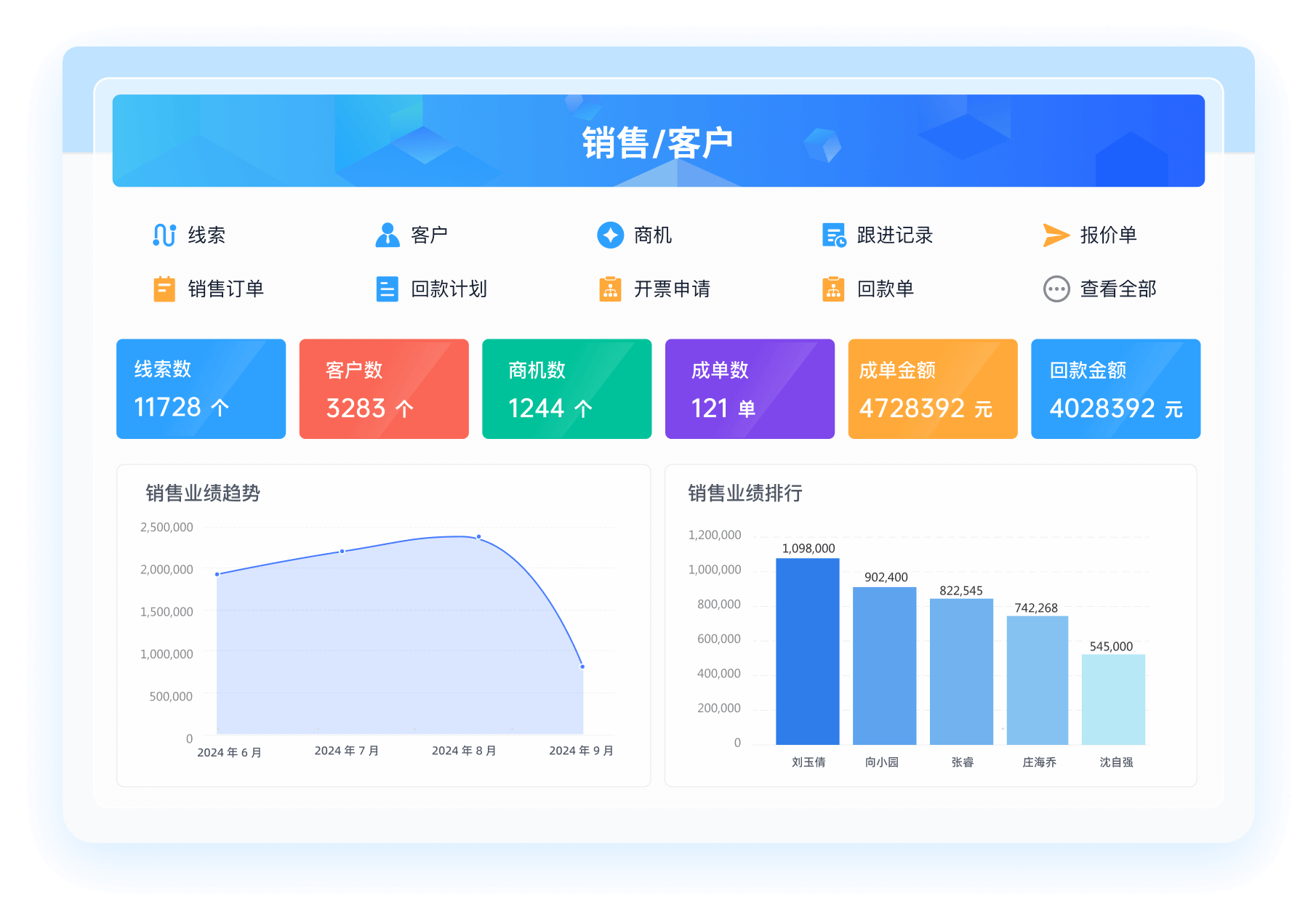
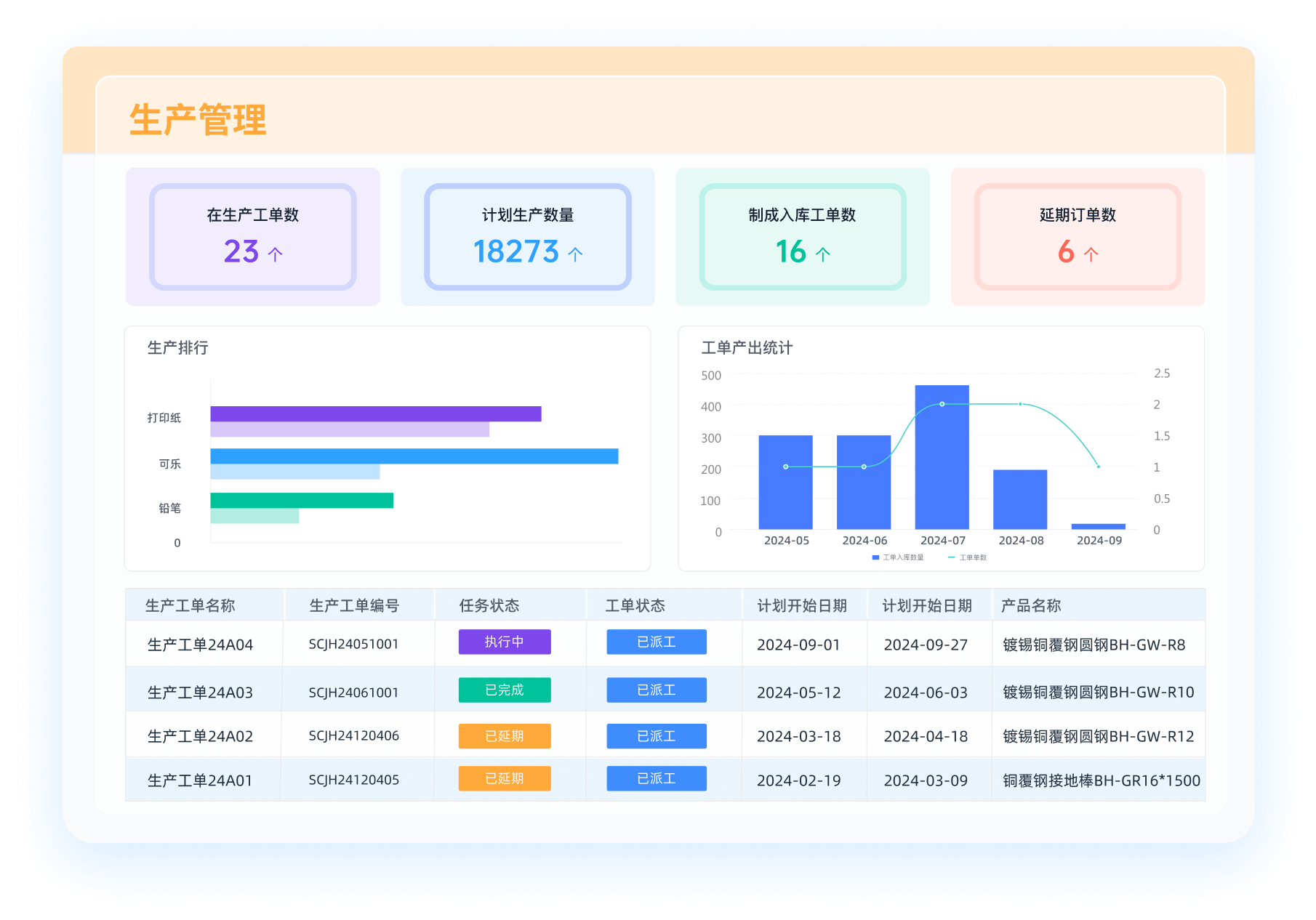

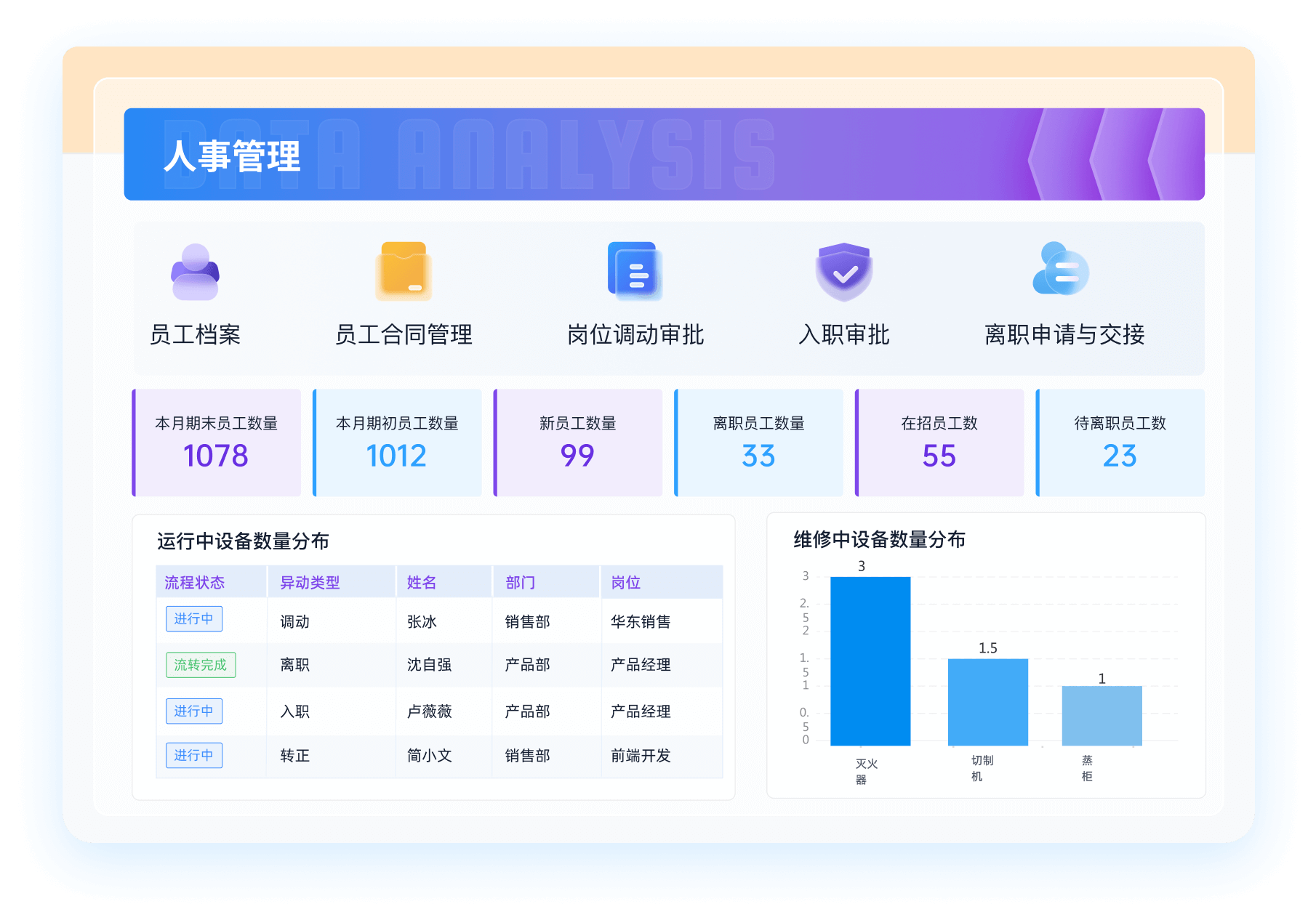
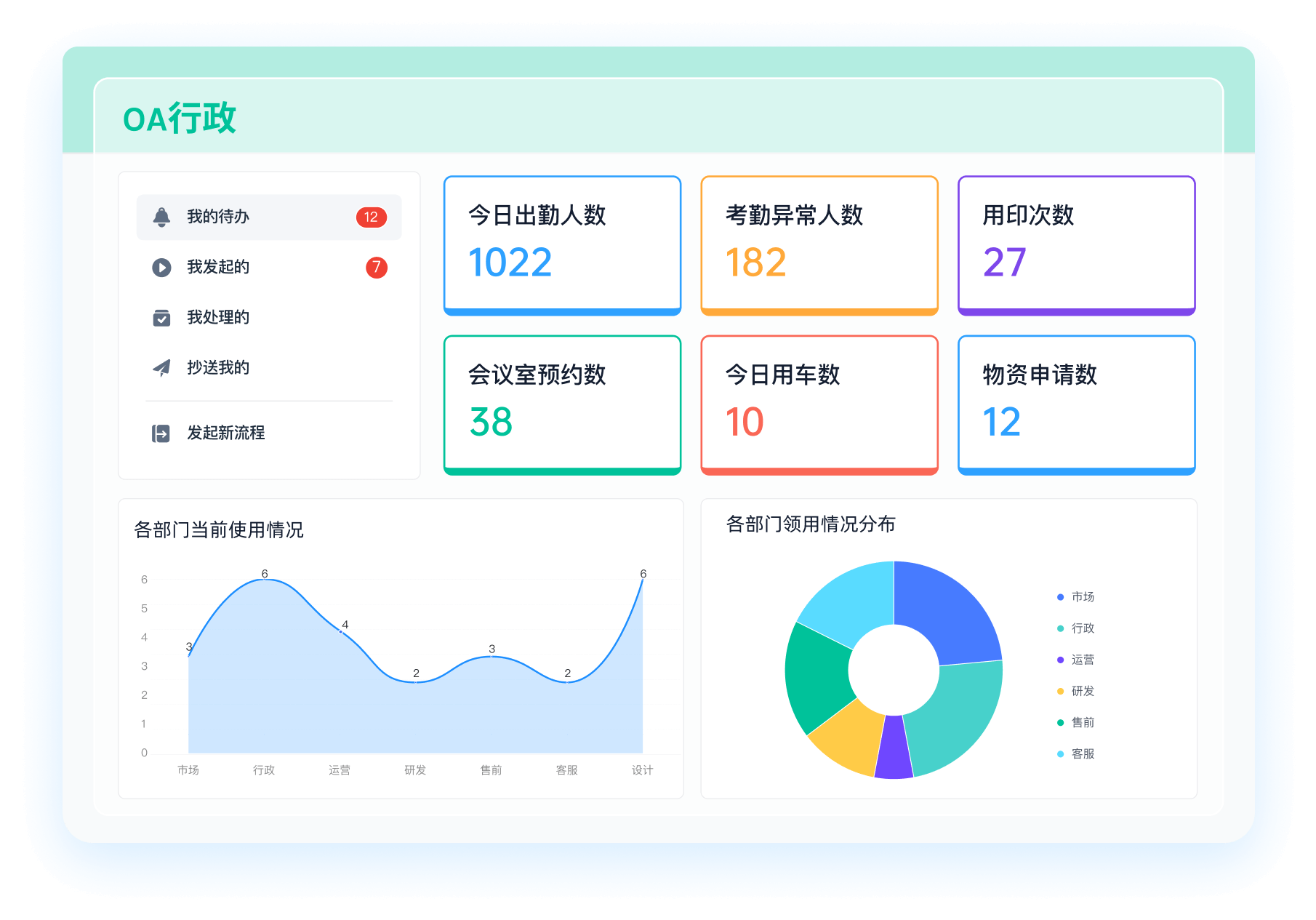
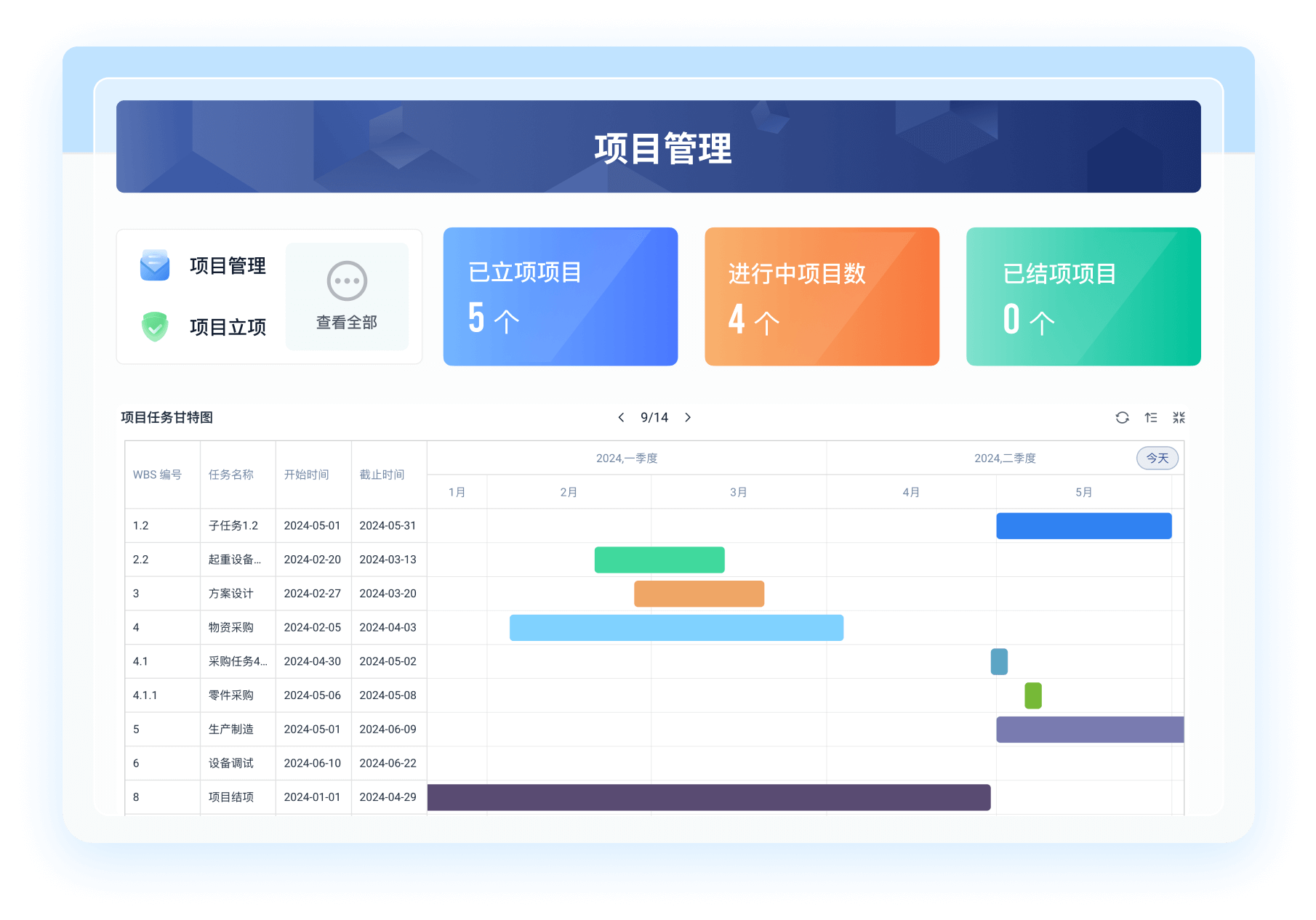
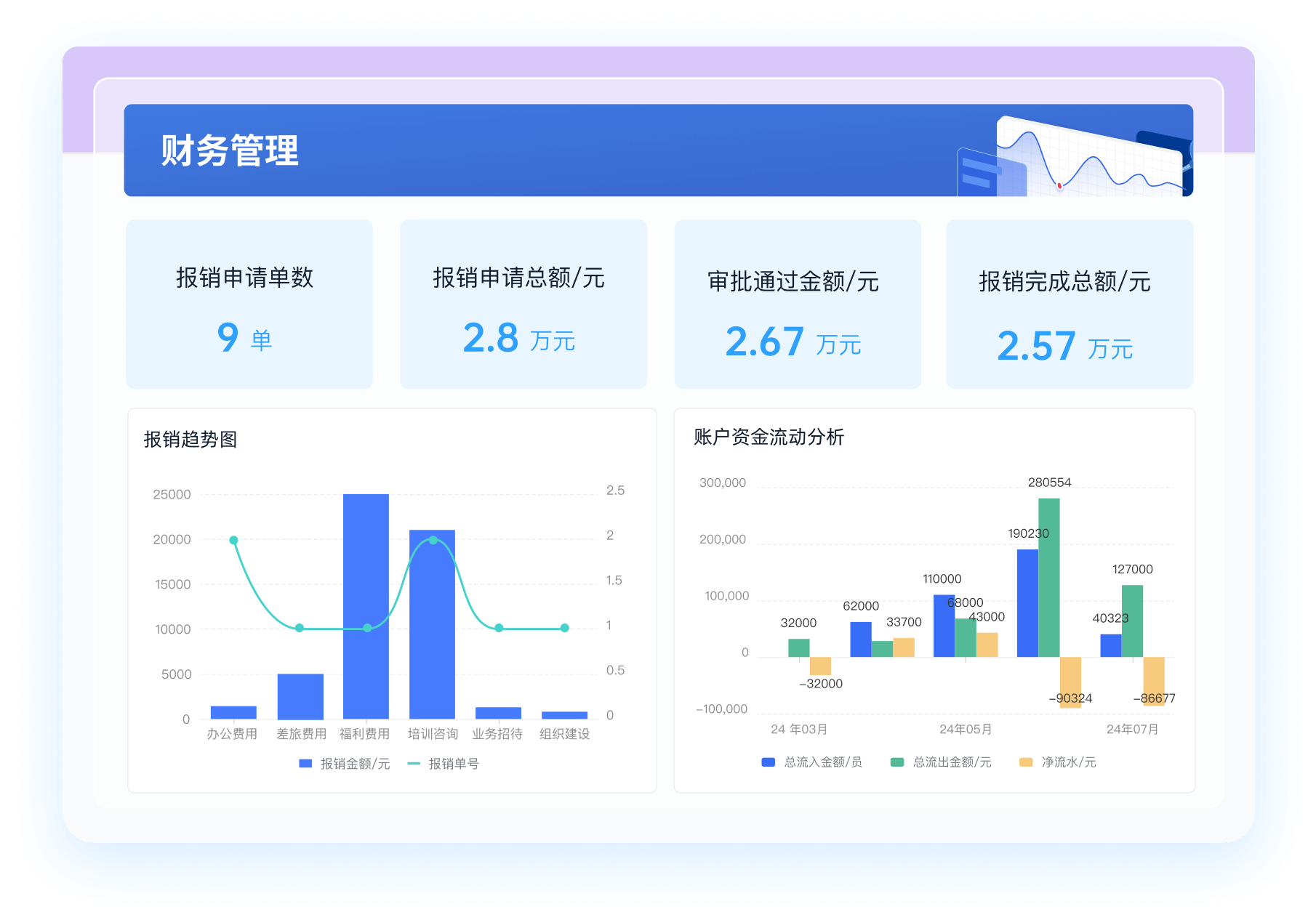
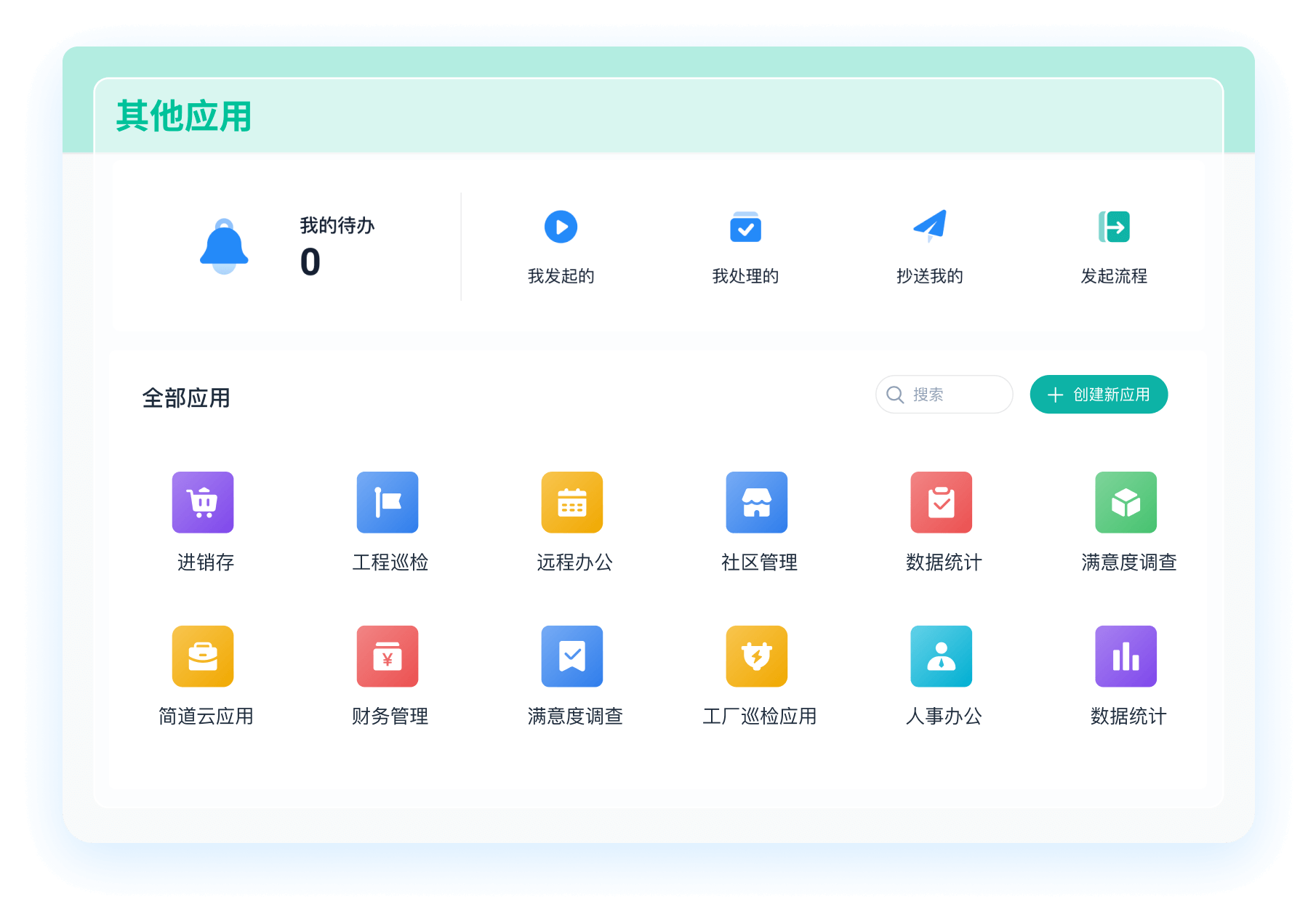







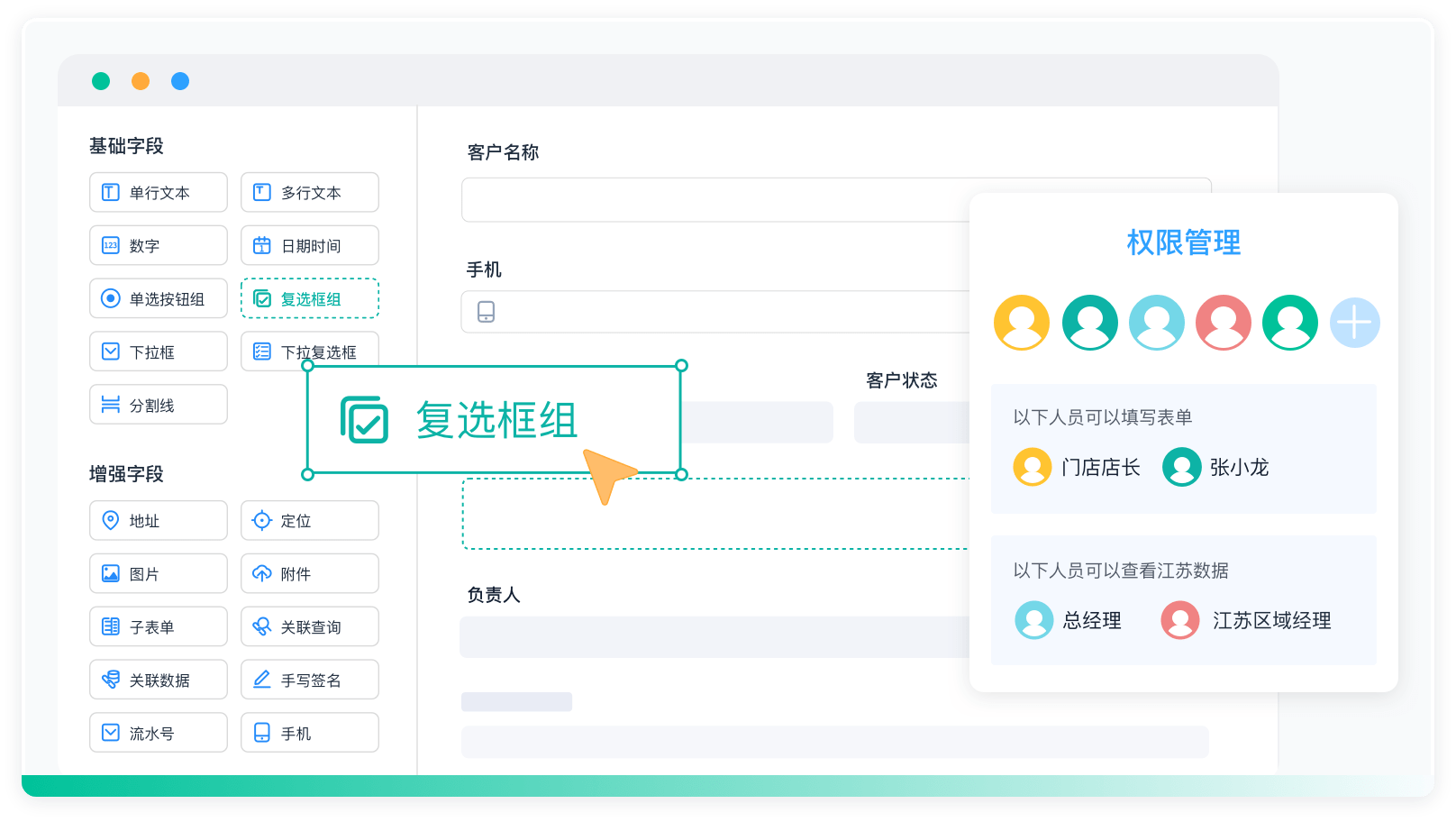
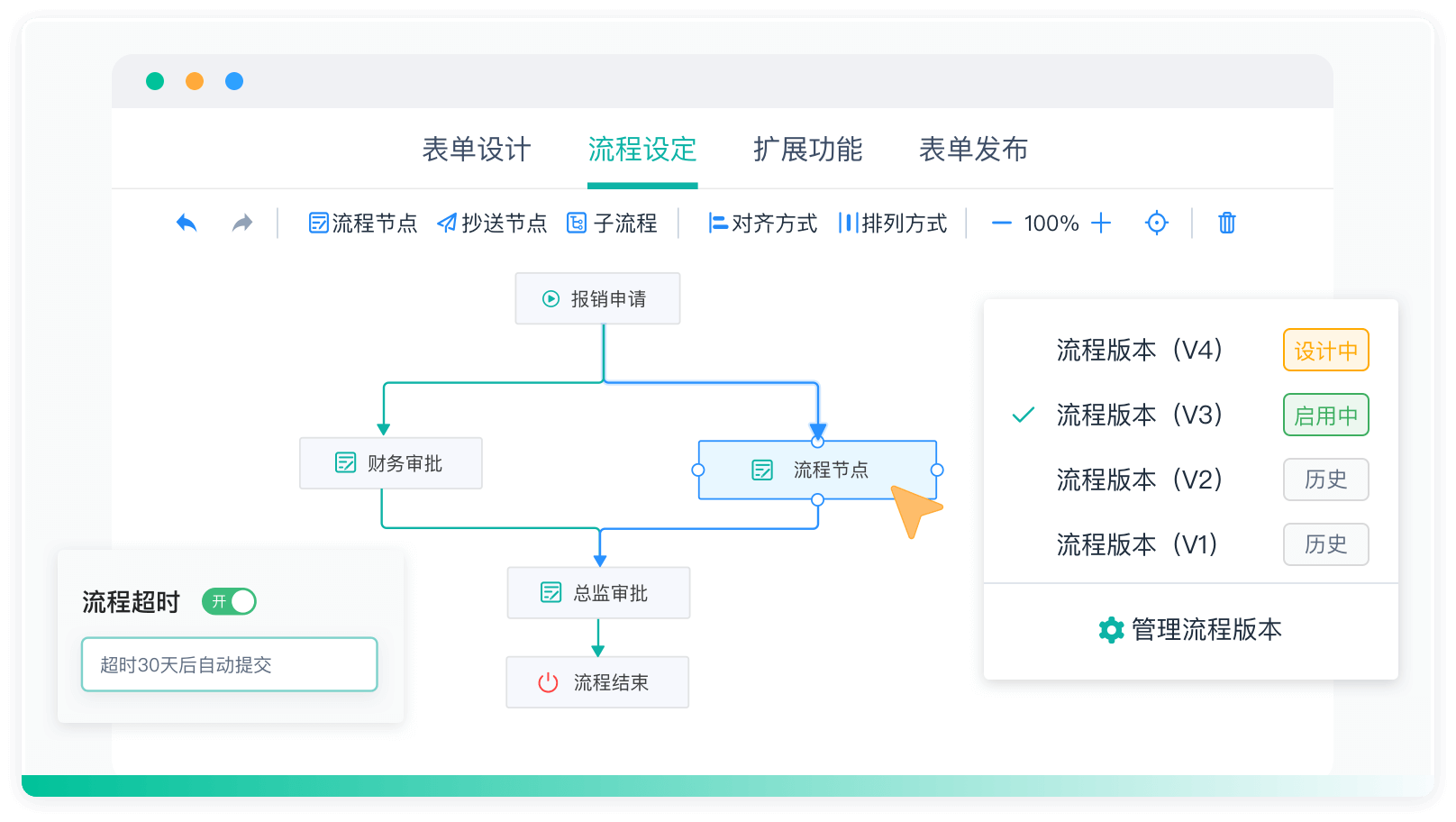

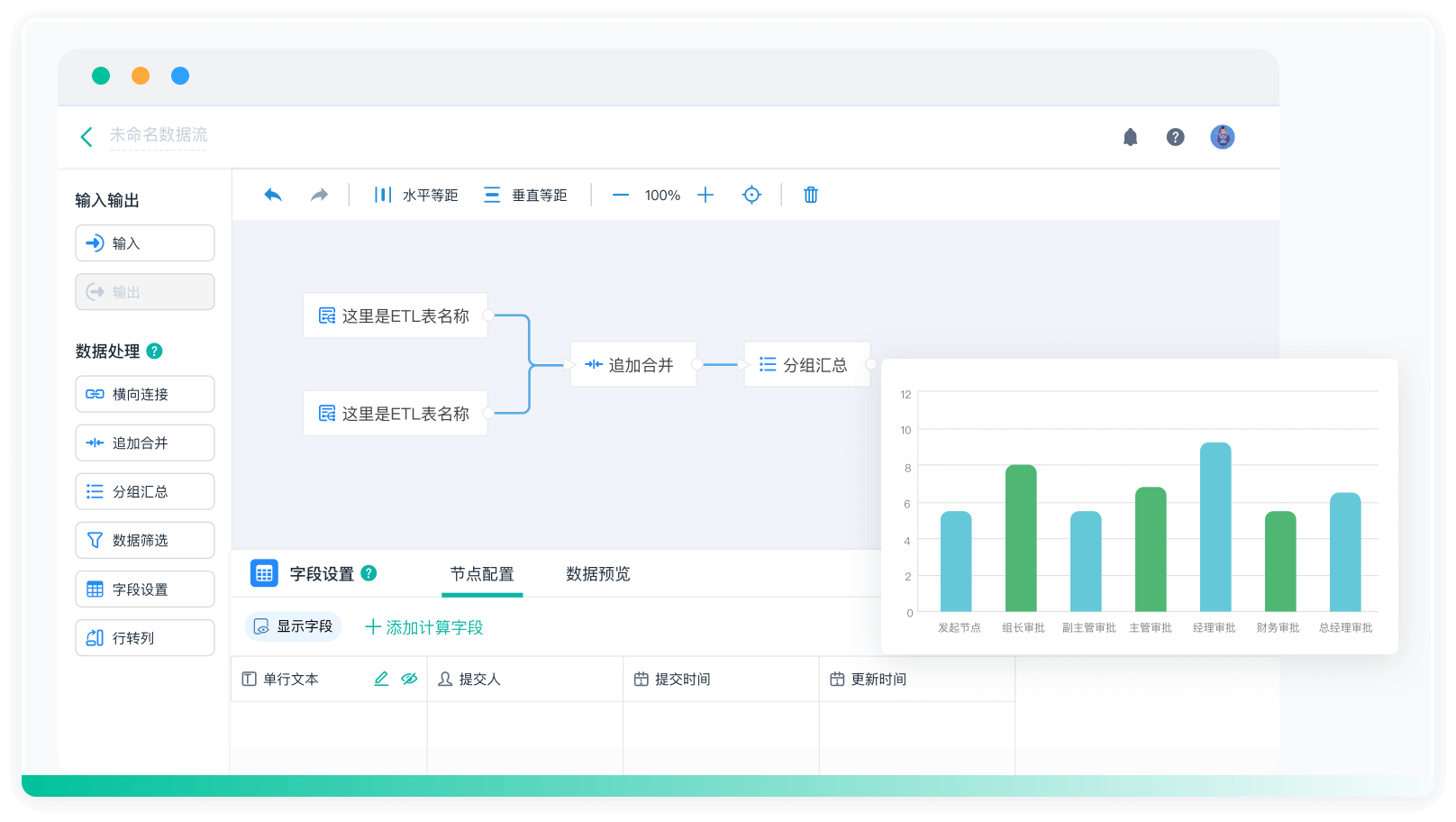
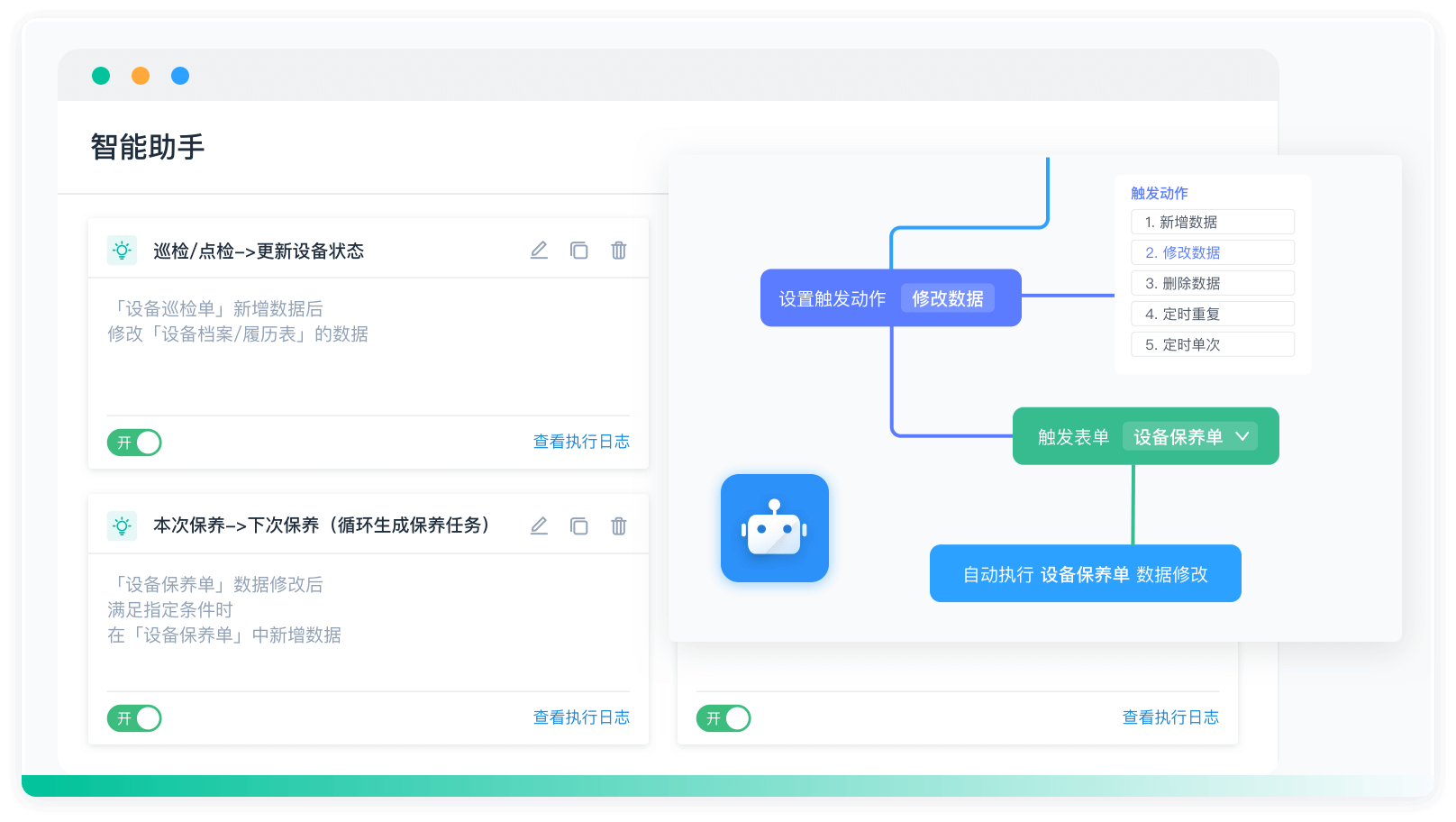
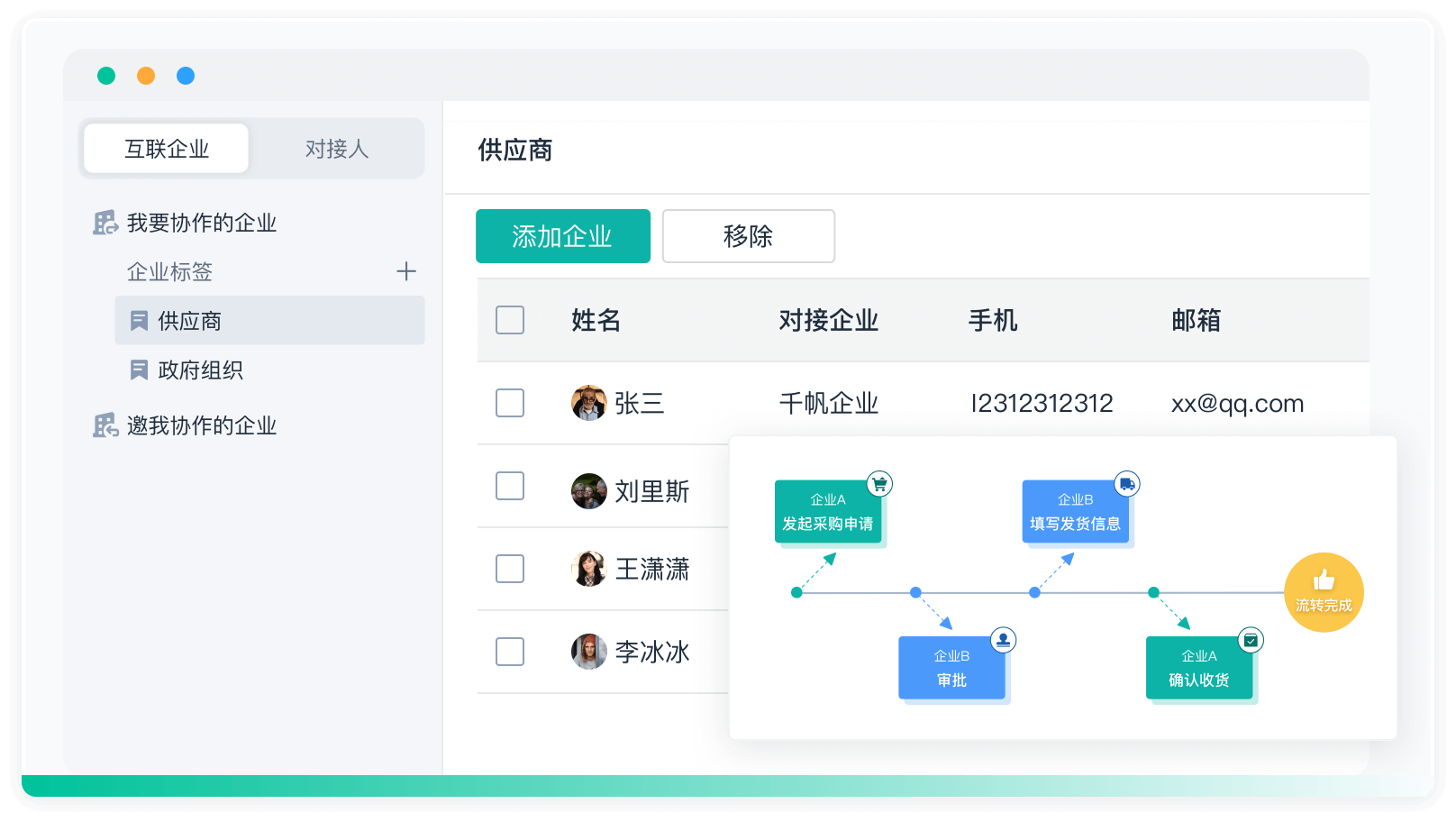
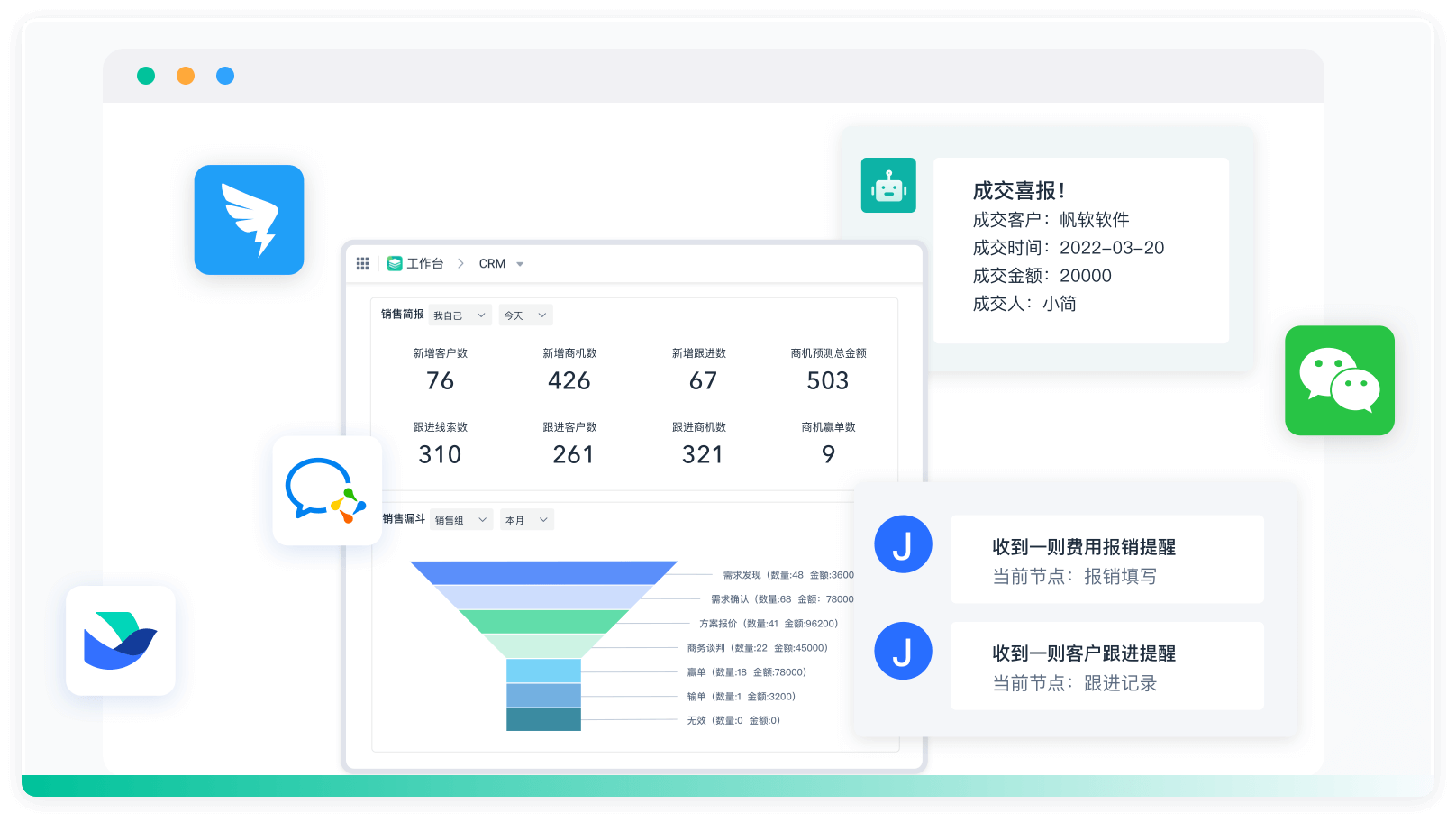

















































 《零代码开发知识图谱》
《零代码开发知识图谱》
 《零代码
新动能》案例集
《零代码
新动能》案例集
 《企业零代码系统搭建指南》
《企业零代码系统搭建指南》










领先企业,真实声音
简道云让业务用户感受数字化的效果,加速数字化落地;零代码快速开发迭代提供了很低的试错成本,孵化了一批新工具新方法。
郑炯蒙牛乳业信息技术高级总监
简道云把各模块数据整合到一起,工作效率得到质的提升。现在赛艇协会遇到新的业务需求时,会直接用简道云开发demo,基本一天完成。
谭威正中国赛艇协会数据总监
业务与技术交织,让思维落地实现。四年简道云使用经历,功能越来越多也反推业务流程转变,是促使我们成长的过程。实现了真正降本增效。
袁超OPPO(苏皖)信息化部门负责人
零代码的无门槛开发方式盘活了全公司信息化推进的热情和效率,简道云打破了原先集团的数据孤岛困局,未来将继续向数据要生产力。
伍学纲东方日升新能源股份有限公司副总裁
通过简道云零代码技术的运用实践,提高了企业转型速度、减少对高技术专业人员的依赖。在应用推广上,具备员工上手快的竞争优势。
董兴潮绿城建筑科技集团信息化专业经理
简道云是目前最贴合我们实际业务的信息化产品。通过灵活的自定义平台,实现了信息互通、闭环管理,企业管理效率真正得到了提升。
王磊克吕士科学仪器(上海)有限公司总经理
简道云让业务用户感受数字化的效果,加速数字化落地;零代码快速开发迭代提供了很低的试错成本,孵化了一批新工具新方法。
郑炯蒙牛乳业信息技术高级总监
简道云把各模块数据整合到一起,工作效率得到质的提升。现在赛艇协会遇到新的业务需求时,会直接用简道云开发demo,基本一天完成。
谭威正中国赛艇协会数据总监
业务与技术交织,让思维落地实现。四年简道云使用经历,功能越来越多也反推业务流程转变,是促使我们成长的过程。实现了真正降本增效。
袁超OPPO(苏皖)信息化部门负责人
零代码的无门槛开发方式盘活了全公司信息化推进的热情和效率,简道云打破了原先集团的数据孤岛困局,未来将继续向数据要生产力。
伍学纲东方日升新能源股份有限公司副总裁
通过简道云零代码技术的运用实践,提高了企业转型速度、减少对高技术专业人员的依赖。在应用推广上,具备员工上手快的竞争优势。
董兴潮绿城建筑科技集团信息化专业经理
简道云是目前最贴合我们实际业务的信息化产品。通过灵活的自定义平台,实现了信息互通、闭环管理,企业管理效率真正得到了提升。
王磊克吕士科学仪器(上海)有限公司总经理
简道云让业务用户感受数字化的效果,加速数字化落地;零代码快速开发迭代提供了很低的试错成本,孵化了一批新工具新方法。
郑炯蒙牛乳业信息技术高级总监
简道云把各模块数据整合到一起,工作效率得到质的提升。现在赛艇协会遇到新的业务需求时,会直接用简道云开发demo,基本一天完成。
谭威正中国赛艇协会数据总监
业务与技术交织,让思维落地实现。四年简道云使用经历,功能越来越多也反推业务流程转变,是促使我们成长的过程。实现了真正降本增效。
袁超OPPO(苏皖)信息化部门负责人
零代码的无门槛开发方式盘活了全公司信息化推进的热情和效率,简道云打破了原先集团的数据孤岛困局,未来将继续向数据要生产力。
伍学纲东方日升新能源股份有限公司副总裁
通过简道云零代码技术的运用实践,提高了企业转型速度、减少对高技术专业人员的依赖。在应用推广上,具备员工上手快的竞争优势。
董兴潮绿城建筑科技集团信息化专业经理
简道云是目前最贴合我们实际业务的信息化产品。通过灵活的自定义平台,实现了信息互通、闭环管理,企业管理效率真正得到了提升。
王磊克吕士科学仪器(上海)有限公司总经理